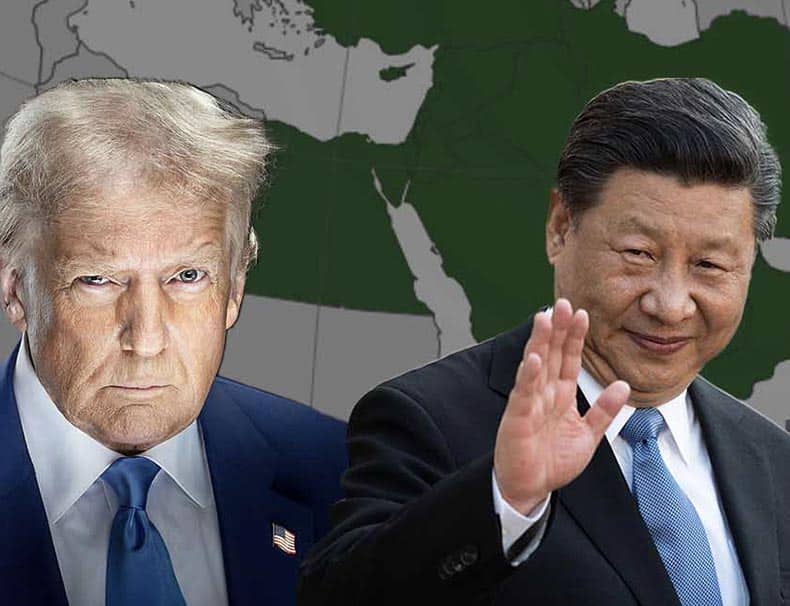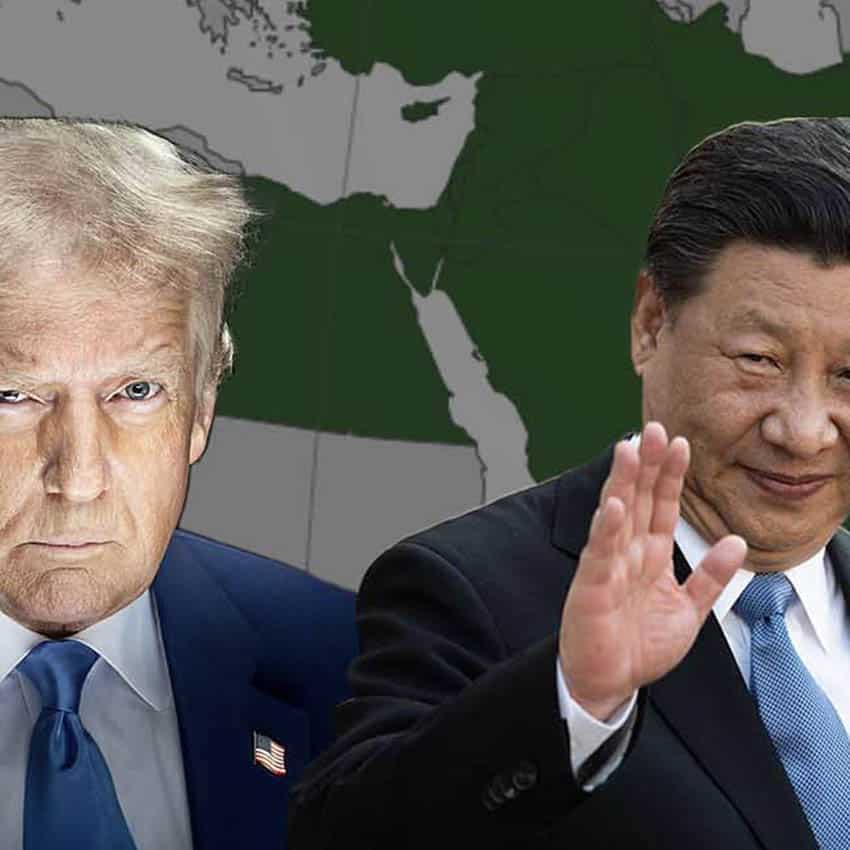For decades, Israel’s foreign policy operated within the comfortable framework of American unipolarity. The United States served not merely as Israel’s primary patron, but as the dominant global hegemon whose preferences largely shaped international outcomes. This arrangement allowed Israel to pursue its regional objectives while enjoying the protective umbrella of overwhelming American power projection capabilities and diplomatic cover in international forums.
But the geopolitical tectonics are shifting. China’s economic ascendance and growing assertiveness in global affairs, Russia’s renewed great power ambitions, and the relative decline of American influence create new constraints and opportunities for middle powers like Israel. The question facing Israeli policymakers is whether they can adapt to this new reality or remain wedded to a strategic paradigm that may no longer serve their interests.
The Limits of Alignment
Israel’s traditional approach of near-total alignment with Washington made strategic sense during the height of American power. But in a multipolar world, such rigid alignment carries increasing costs. Consider Israel’s delicate balancing act with China – a critical economic partner that has become America’s primary strategic rival. Israeli technology companies and infrastructure projects increasingly rely on Chinese investment and markets, yet American pressure to decouple from Beijing threatens these vital economic relationships.
Similarly, Israel’s complex relationship with Russia in Syria demonstrates the limitations of a purely Washington-centric foreign policy. While the United States withdrew from active Middle Eastern engagement, Russia filled the vacuum, becoming a power broker that Israel cannot afford to ignore. The pragmatic coordination between Israeli and Russian forces in Syria – despite broader US-Russia tensions – illustrates how multipolar realities can force even close allies to hedge their bets.
Regional Realignment and New Partnerships
The Abraham Accords represent perhaps the most significant adaptation to multipolar realities in Israeli foreign policy. By normalizing relations with the UAE, Bahrain, Morocco, and Sudan, Israel has begun to construct regional partnerships that operate independently of the traditional American-mediated peace process paradigm. These relationships reflect a shared recognition among regional actors that the old order is changing and that new forms of cooperation are necessary to address common challenges.
The growing Saudi-Israeli rapprochement, while still dependent on American facilitation, signals a broader regional realignment driven by shared concerns about Iranian influence and recognition that American security guarantees may no longer be as reliable as once assumed. Regional powers are increasingly taking responsibility for their own security arrangements rather than depending entirely on external patrons.
Economic Diversification as Strategic Imperative
Israel’s emergence as a technology powerhouse provides both opportunities and challenges in a multipolar world. While Israeli innovation remains highly valued globally, the growing fragmentation of the world economy into competing blocs threatens to force choices that could limit market access. The semiconductor industry, artificial intelligence, and cybersecurity sectors are becoming battlegrounds for technological supremacy, with countries pressured to choose sides.
Israel’s challenge is to maintain its technological edge while avoiding the trap of becoming too dependent on any single economic bloc. This requires sophisticated risk management and perhaps a more nuanced approach to technology transfer and investment partnerships than the traditional focus on Western markets alone.
Strategic Autonomy and Alliance Management
The multipolar transition offers Israel an opportunity to develop greater strategic autonomy – the ability to pursue its interests without being completely constrained by alliance obligations. European powers have demonstrated that close alliance relationships with the United States need not preclude independent positions on issues of vital national interest. Israel might consider adopting similar flexibility.
This does not mean abandoning the American relationship, which remains Israel’s most important strategic partnership. Rather, it suggests developing what the French call “autonomous alliance” – maintaining core commitments while preserving freedom of action on issues where Israeli and American interests may diverge.
The Iranian Challenge in Multipolar Context
Iran’s nuclear program and regional ambitions remain Israel’s primary security challenge, but addressing this threat in a multipolar world requires different approaches than during the era of American hegemony. With China and Russia maintaining economic and strategic relationships with Tehran, Israel cannot rely solely on American-led pressure campaigns to contain Iranian influence.
Instead, Israel may need to explore more complex diplomatic arrangements that acknowledge other powers’ interests while still addressing Israeli security concerns. This might involve regional security frameworks that include multiple great powers, or innovative deterrence strategies that don’t depend entirely on American military backing.
Embracing Complexity
The transition to multipolarity presents both risks and opportunities for Israel. The risks include the loss of the comfortable certainties of American hegemony and the need to navigate more complex relationships with multiple power centers. The opportunities include greater strategic autonomy, diversified partnerships, and the possibility of playing a more independent role in shaping regional outcomes.
Success in this new environment will require Israeli leaders to think beyond the familiar frameworks of the post-Cold War era. It demands sophisticated balance-of-power thinking, nuanced diplomacy, and the willingness to engage with the world as it is rather than as Israeli policymakers might prefer it to be.
The unipolar moment gave Israel unprecedented security and prosperity. The multipolar future offers the possibility of sustainable influence in a more complex but potentially more stable international system. The key is adaptation – maintaining core relationships while developing the flexibility to thrive in a world where American preferences no longer automatically translate into global outcomes.
Israel’s success in this transition will depend not on resisting multipolar realities, but on learning to navigate them with the same strategic acumen that enabled the country’s survival and prosperity during previous geopolitical transformations. The stakes are high, but so are the potential rewards for those wise enough to embrace change rather than cling to the certainties of a bygone era.








